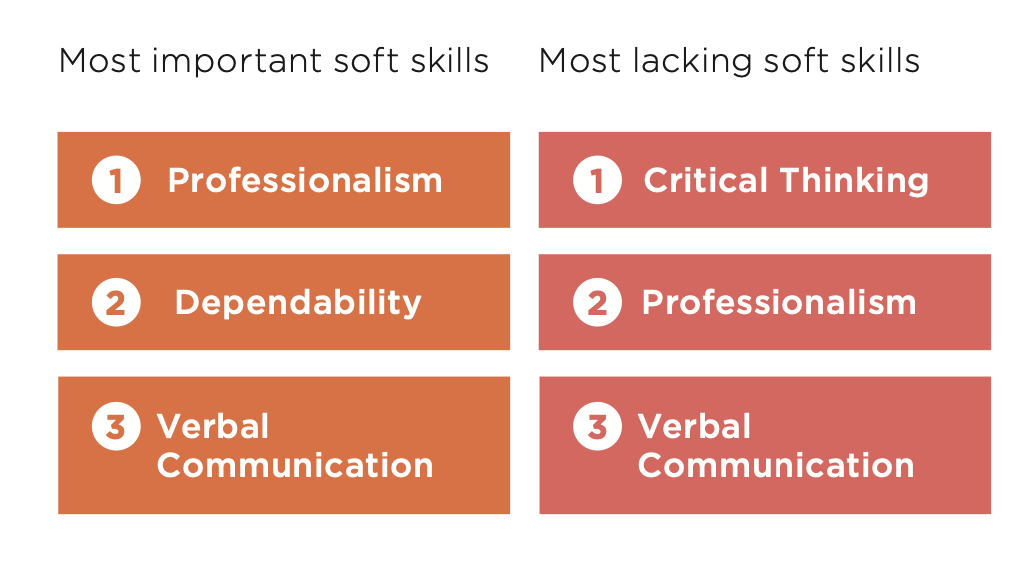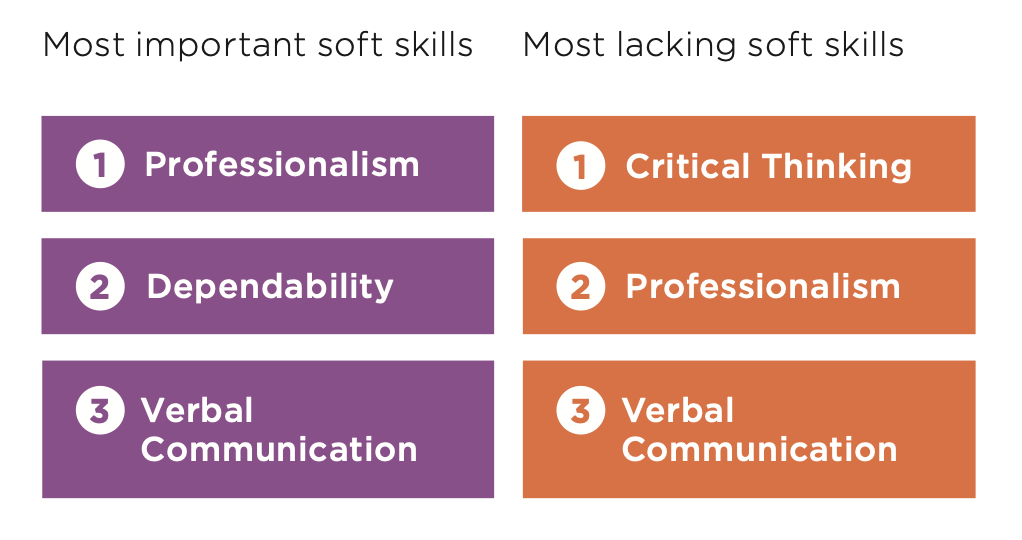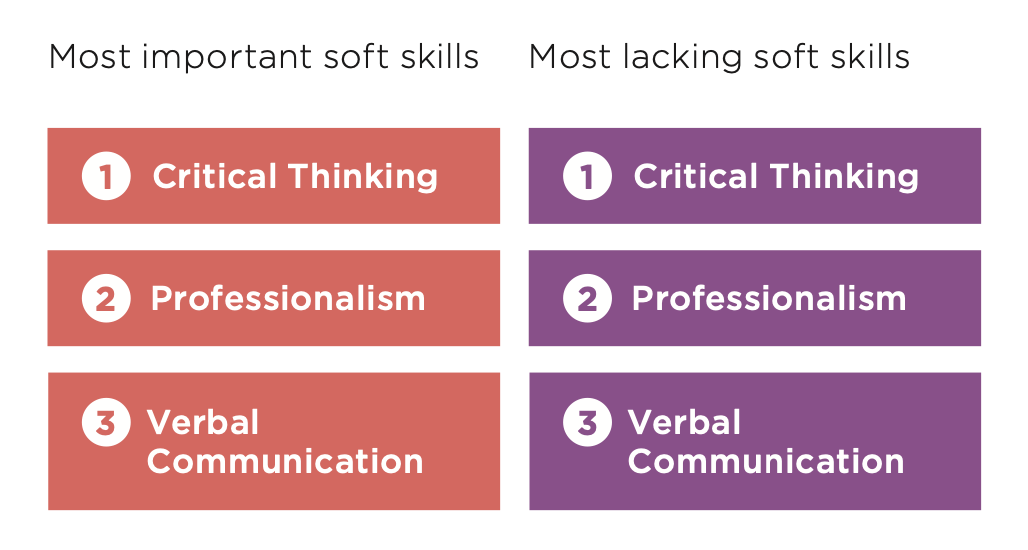Allied Health Week is a time to celebrate and acknowledge the dedicated efforts of the thousands of healthcare professionals who work diligently to ensure the well-being of patients. From medical assistants, phlebotomists, EHR and pharmacy technicians to medical administrative assistants, billing and coding specialists, EKG technicians, and patient care technicians, these individuals play a pivotal role in the delivery of quality healthcare.
National Healthcareer Association
Recent Posts
Samaria Ramos of Chicago, Illinois, was awarded a $1,000.00 student scholarship from the National Healthcareer Association (NHA) at the 2023 HOSA International Leadership Conference.
The healthcare industry is dynamic, complex, and constantly evolving to meet the needs of patients, families and communities served. When exploring careers within this exciting field, you will quickly realize there are MANY rewarding, interesting, and fulfilling paths to consider.
Long gone are the days where an interest in healthcare meant having to only choose between becoming a doctor or nurse. Quite the opposite! In an effort to pivot alongside an emerging consumerism-based environment, there has been a marked increase in professional, non-clinical roles that are essential to a care facility and/or organization’s long-term success.
As an allied health professional, your days are spent investing your expertise, energy, and compassion in the lives of the patients you serve through your clinical or administrative skills. Each interaction and task throughout your day is an opportunity to ensure that the patients you care for feel the commitment you have to your chosen career and to their experience.
Healthy frontline workers are one of the key components to healthy communities. In fact, healthcare workers investing in their own wellbeing is one of the greatest contributions they can make to public health.
We recently surveyed healthcare employers for our 2020 Industry Outlook, and uncovered the three most important soft skills for EKG technicians: Professionalism, dependability, and verbal communication. According to employers, two of these skills are also the most lacking: Professionalism and verbal communication.
People aged 65 years and older are currently the fastest growing population in the United States and will likely account for 20% of the population by 2030. According to research, 88% of this population have at least one chronic condition, with 75% having multiple chronic conditions.
Medical administrative assistants keep healthcare offices running smoothly. They interact often with both healthcare professionals and patients, making soft skills essential. , According to our recent survey of employers for the 2020 Industry Outlook. the top three most important soft skills for medical administrative assistants are professionalism, dependability, and verbal communication.
Keep reading to discover why these skills are important, and how you can work to improve upon them to assist your career.


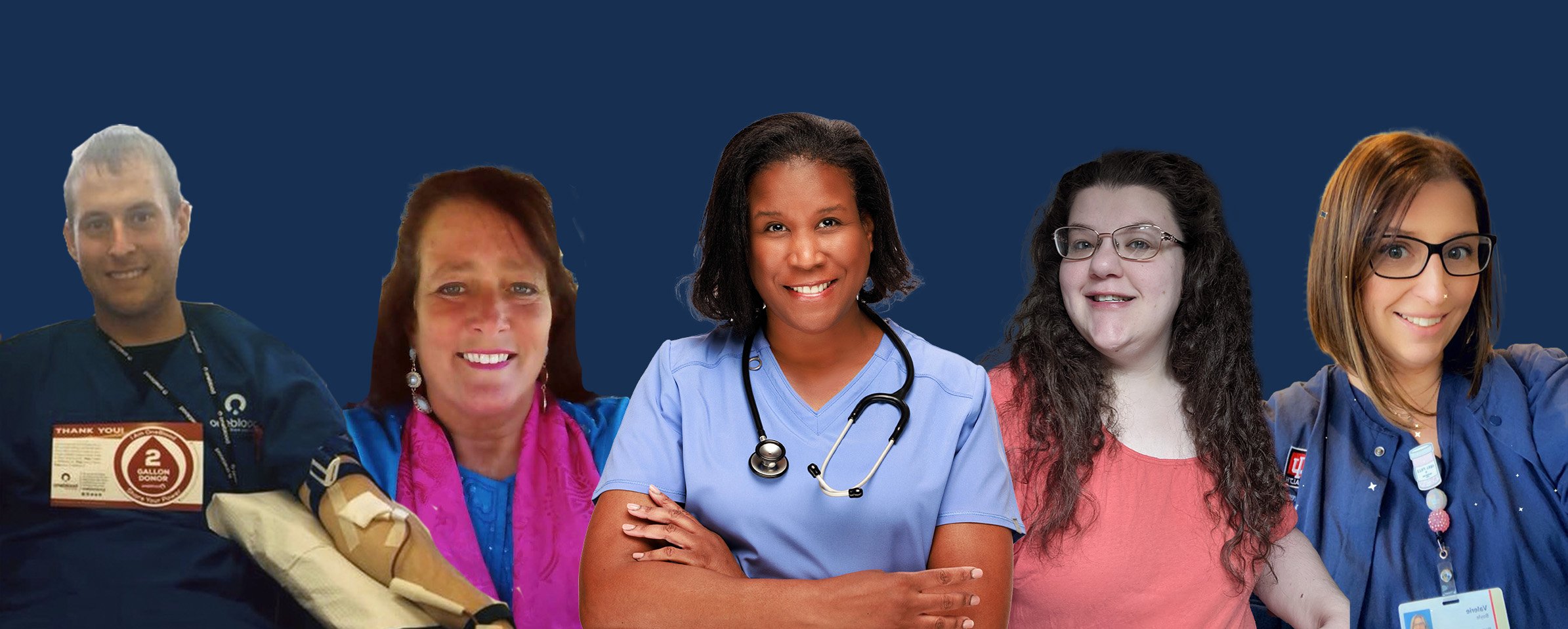

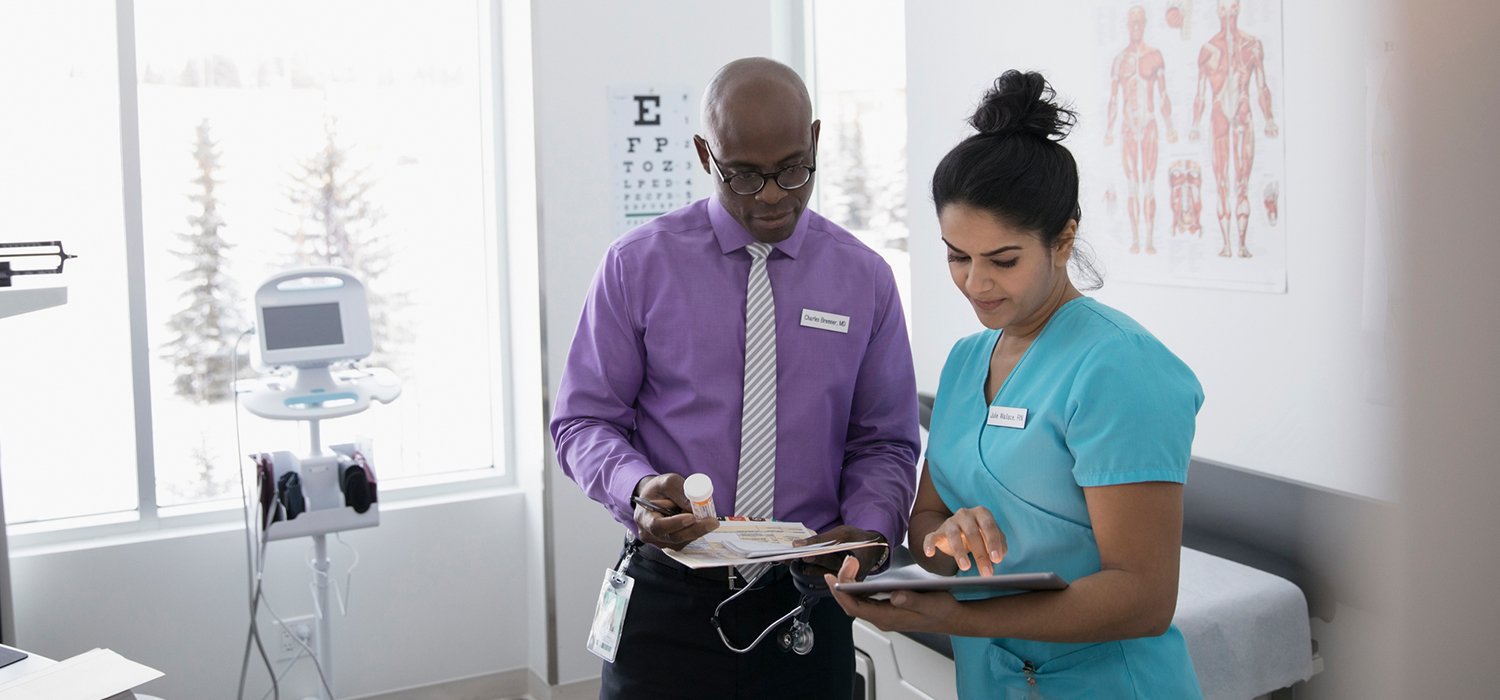

.png)
